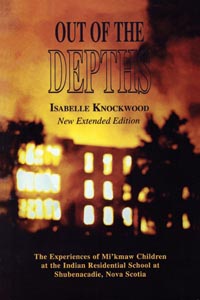http://www.tripartiteforum.com/
This forum serves as a place to resolve common concerns between the Nova Scotia Mi’kmaq community and governments both at the provincial and federal level. Created in 1997, the main purpose of the union is to create a common vision and set of goals that will support the various communities in being “vibrant Mi’kmaw communities through partnership, commitment and respect”.
What makes this website and the included documents and resources valuable is the constant focus on the need for all agencies (both indigenous and non-indigenous) to work together, collaborate, and respect others at all times. Below is an image taken from the website that describes how all of the various committees within the forum are connected. In connection to module’s 3 focus on aboriginal youth, notice the role/focus of youth within the diagram. The main goal associated with youth are to ensure their success by scaffolding them during their path of life-long learning. In doing so, the forum hopes to involve youth in community decision making and governance as well as to encourage active healthy living.
Tripartite Forum : A partnership of: Mi’kmaq + Nova Scotia + Canada. Tripartite Forum : A partnership of: Mi’kmaq + Nova Scotia + Canada. Retrieved July 7, 2011, from http://www.tripartiteforum.com/


